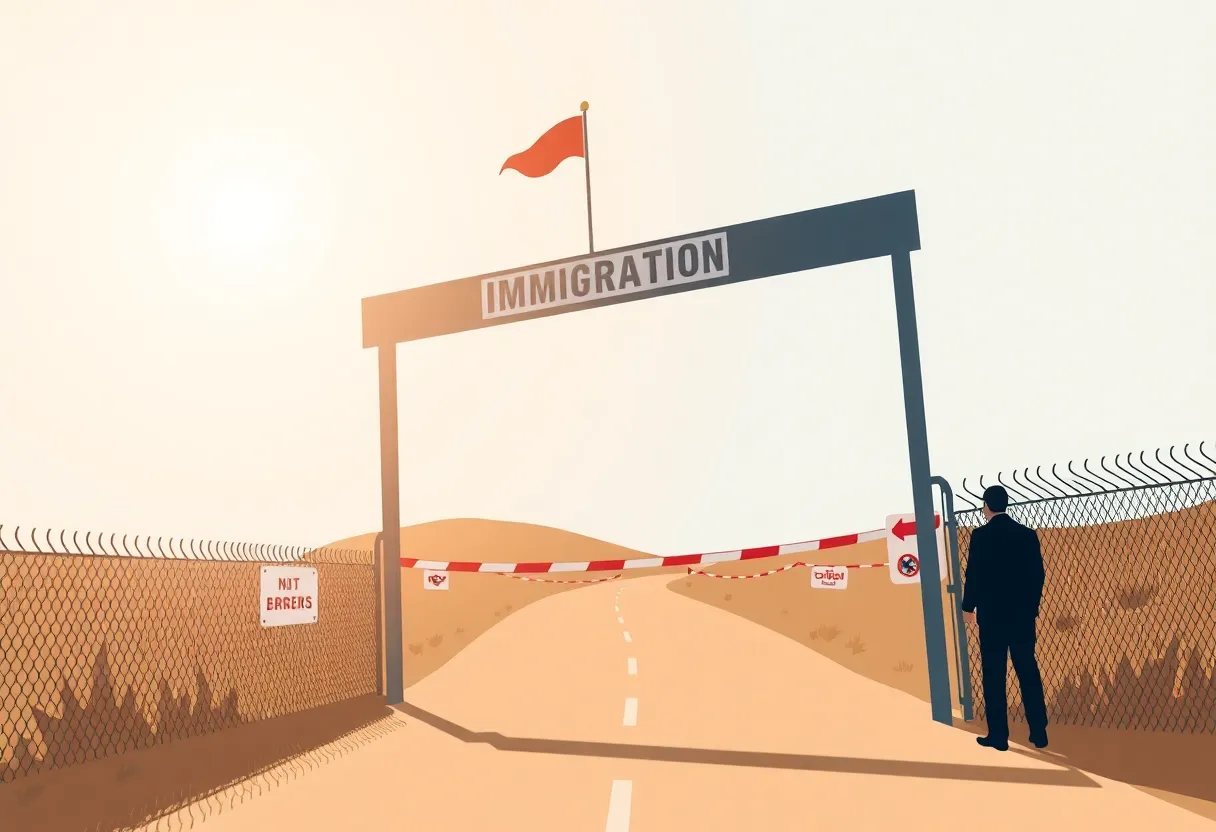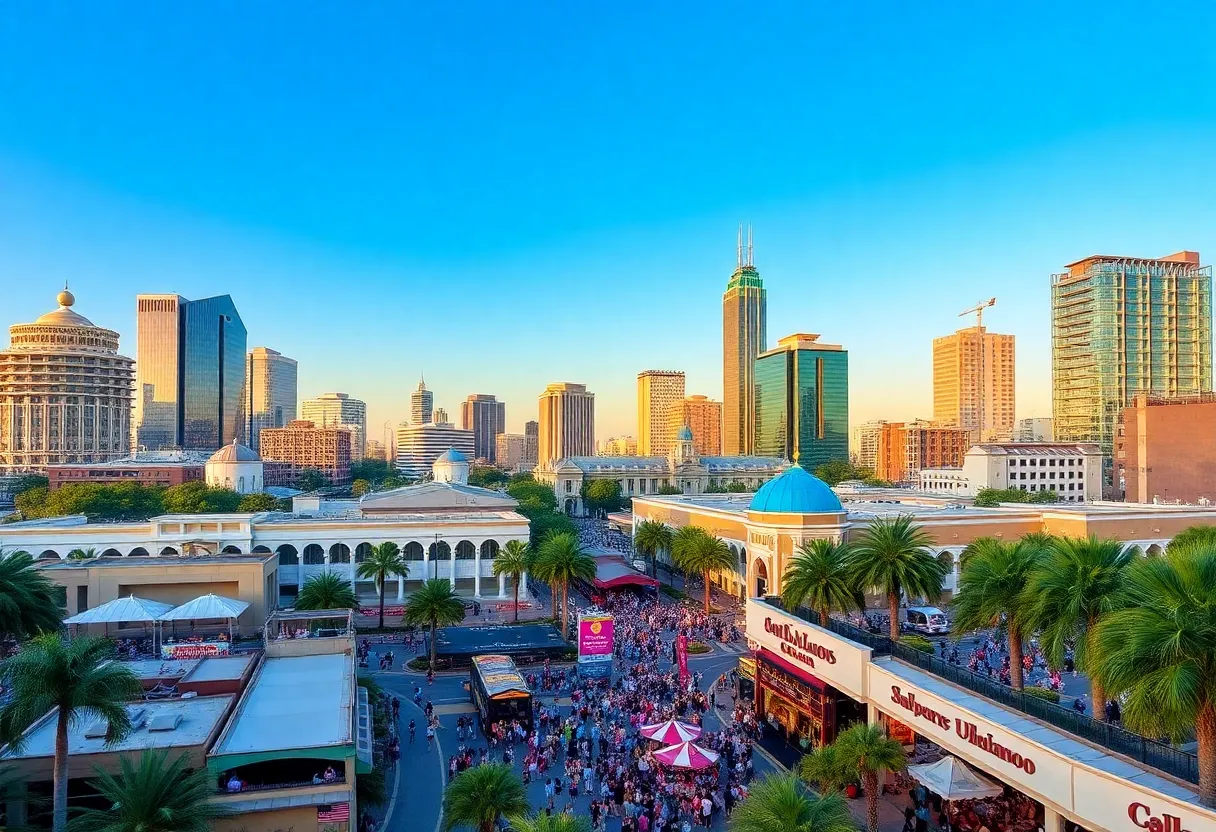News Summary
In a significant move for international relations, El Salvador’s President Nayib Bukele has declared he will not allow the deportation of Kilmar Abrego Garcia back to the U.S. This controversial decision comes after a U.S. Supreme Court ruling deemed Garcia’s deportation illegal, citing his fears of gang persecution. With the Trump administration’s firm stance on the issue, Bukele’s rejection has sparked debate about the intersection of immigration law and human rights.
El Salvador’s President Takes a Stand Against Deportation of Kilmar Abrego Garcia
In a surprising twist to international relations, **_El Salvador’s President Nayib Bukele_** has declared he will not return **_Kilmar Abrego Garcia_** to the United States. This decision was made during a meeting with **_President Donald Trump_**, stirring quite a bit of discussion on both sides of the border.
The Controversial Deportation
Garcia’s situation has caught the attention of many, especially given the backdrop of a U.S. Supreme Court ruling stating that his deportation was illegal. Garcia had previously been granted legal protection against deportation due to fears of **_gang persecution_** in his home country of El Salvador. However, despite this, he was deported in what officials termed a misstep in the system.
Claims of Unsubstantiated Allegations
Interestingly, a federal judge found that Garcia has no criminal record in the U.S. or El Salvador. The claims tying him to gang affiliations were determined to be based on dubious allegations. Nonetheless, the political fallout continues to unfold as the Trump administration has stood firm on their stance regarding Garcia’s deportation.
Legal and Political Repercussions
The Justice Department acknowledged their blunder in deporting Garcia, asserting that an immigration judge had clearly stated he should not have been removed from the country. This acknowledgment backed up the Supreme Court’s recent ruling, which pushed for the administration to facilitate his return. However, Bukele has called the idea of sending Garcia back “preposterous,” insisting they don’t release what he labeled as “terrorists.” This has raised eyebrows, considering the complex dynamics of U.S.-El Salvador relations.
Response from U.S. Officials
Amidst this debacle, U.S. officials have made it clear that they do not have the authority to forcibly extract individuals from foreign nations. Furthermore, Secretary of State **_Marco Rubio_** contended that foreign policy should be determined by the President, rather than dictated by the courts. Meanwhile, **_Attorney General Pam Bondi_** stated that the choice of whether or not to return Garcia ultimately lies with El Salvador.
What’s Happening Now?
As the legal chess game continues, Judge Paula Xinis has imposed a deadline for the U.S. government to demonstrate compliance regarding Garcia’s status, which adds another layer of urgency to the situation. The Trump administration has also struck a $6 million deal with El Salvador focused on imprisoning alleged gang members, making this a pressing matter entwined with international relations and domestic law.
Garcia’s Current Dilemma
Garcia remains in a facility in El Salvador known for **_human rights abuses_**, which has sparked outrage and concern from advocates for justice and transparency. His lawyers argue that his ongoing detention raises serious questions about governmental accountability, echoing the frustration of critics, including **_Senator Chris Van Hollen_**, who have called the administration’s approach to Garcia’s case nonsensical and unsustainable.
A Broader Perspective on Deportation Policies
Reports have even suggested that Trump has previously touted the idea of **_deporting U.S. citizens_** to El Salvador, prompting legal experts to clarify that there are no existing laws permitting such actions. The situation for Kilmar Abrego Garcia serves as a stark reminder of the complicated intersection of immigration law, human rights, and international diplomacy.
The Road Ahead
As time ticks on, any developments regarding Garcia’s case will likely be watched closely, with families and advocates keen to see the outcome. The legal arguments surrounding his immigration status, alongside the charged political environment, continue to create a buzz that resonates far beyond just one man’s story.
Deeper Dive: News & Info About This Topic
- NBC News
- Wikipedia: Deportation in the United States
- Reuters
- Google Search: Kilmar Abrego Garcia
- The Guardian
- Google Scholar: Kilmar Abrego Garcia
- BBC News
- Encyclopedia Britannica: Deportation
- USA Today
- Google News: Kilmar Abrego Garcia







